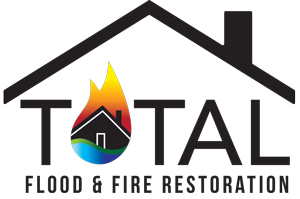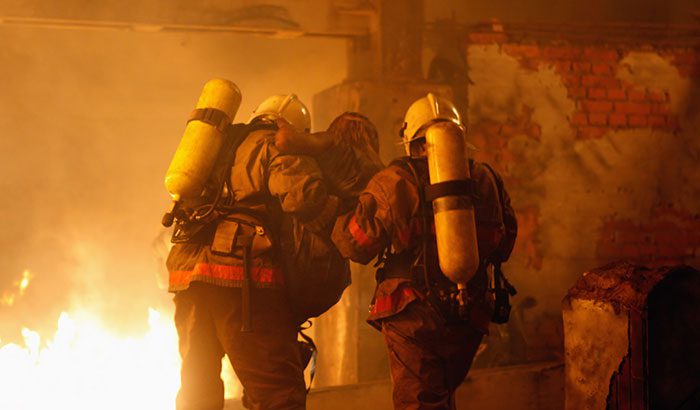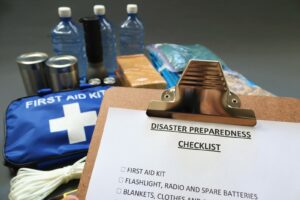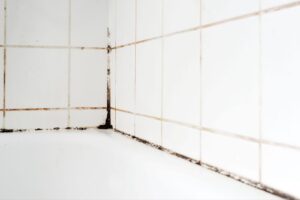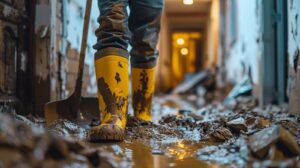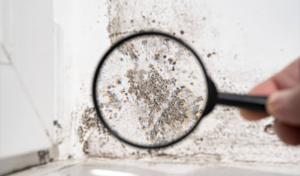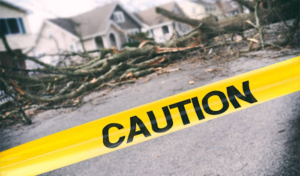After a house fire, you may wonder if you can live and sleep in your home once the fire has been extinguished. As difficult and uncertain as this time may seem, it is better if you do not live or sleep in your home when damage from a house fire is still evident.
Home fires can weaken the structure of your home, making it unstable to live in. Severely structurally compromised homes are at significant risk of collapse, especially if the fire has damaged load-bearing walls.
But the greatest health risk after a home fire is the hazard of smoke damage. Smoke is toxic, and exposure to it should be limited.
Why is it not Safe to Sleep in a Home with Smoke Damage?
It is not safe to sleep in a home with smoke damage for a few reasons. First, smoke from a fire is harmful and can contain toxic chemicals and particles that can be dangerous to inhale.
These can include carbon monoxide, a colorless, odorless gas that can be deadly if inhaled in high concentrations. In addition, smoke can contain other toxic chemicals, such as hydrogen cyanide, which can also be deadly.
Sleeping in a house with smoke damage can also be uncomfortable and unpleasant. The strong smell of smoke can make breathing difficult and overwhelming, especially if you are sensitive to odors. It can also make your house feel dirty and uninviting, affecting your mood and overall well-being.
At last, smoke damage can also cause health problems, even if the fire has been extinguished. Smoke can irritate the eyes, nose, and throat, and can cause breathing problems, especially for people with asthma or other respiratory conditions. Chemicals in smoke can cause skin irritation and allergic reactions.
While every situation is different, it is generally unsafe to sleep in a home with smoke damage because of the potential health risks, structural damage, and damage to personal belongings. It is crucial to have a home with smoke damage professionally cleaned and repaired before re-occupying it to ensure the safety of the occupants.
Is the Smell of Smoke after a Fire Harmful?
Is the smell of smoke after a fire harmful? The answer is yes, primarily due to the fine particles created from burning materials. These particles, known as particulate matter, are so small that they can easily be inhaled into the lungs and cause health problems.
The most dangerous part of smoke is the fine particles from burning materials. These particles are so small that they can easily be inhaled into the lungs and cause health problems. Inhaling these particles can irritate the respiratory system and lead to various health problems, such as asthma, chronic bronchitis, and lung damage.
The chemicals in smoke can also be harmful to inhale. Smoke from a fire can contain various toxic chemicals, such as carbon monoxide and hydrogen cyanide. Inhaling these chemicals can be deadly, especially in high concentrations.
In addition to the health risks posed by the fine particles and chemicals in smoke, the smell of smoke can also indicate that there is still danger present in the area.
Even after a fire has been extinguished, the smoldering remains can still pose a risk of reigniting and starting a new fire. This can be particularly dangerous if the fire is not entirely extinguished, or if the cause of the fire is not determined and corrected.
It is essential to evacuate the area immediately if there is a fire and to have the area professionally cleaned and repaired to ensure the safety of the occupants. Inhaling smoke can cause serious health problems, and the fine particles and chemicals in smoke can be especially dangerous.
In general, is the smell of smoke after a fire harmful? It is, and you should be cautious. It is important to avoid inhaling smoke and seek medical attention if you have been exposed to smoke.
House Fire Victim Assistance.
If you have been the victim of a house fire, several organizations can provide house fire victim assistance. The Federal Emergency Management Agency (FEMA) and the American Red Cross have programs that can help individuals affected by home fires.
FEMA offers a variety of assistance programs for those who a disaster has displaced, such as a house fire. This can include emergency housing, such as temporary shelters or hotels, and financial assistance for home repairs and other essential needs. To qualify for FEMA assistance, you must first apply and be approved.
The American Red Cross also offers assistance to those who have been affected by a house fire. The type of physical and financial support they provide is similar to FEMA. One difference about the Red Cross is that they offer emotional support and counseling to help individuals cope with the aftermath of a house fire.
In addition to FEMA and the Red Cross, other organizations can assist house fire victims. These can include local charities, religious organizations, and community groups. These organizations may offer various services, such as temporary housing, financial assistance, and emotional support.
If you have been the victim of a house fire, it is important to contact FEMA and the Red Cross as soon as possible to learn about the assistance programs that are available to you. These organizations can provide valuable support and resources to help you recover from the effects of a house fire.
How Total Flood & Fire Restoration Can Help You Restore Your Home
If you have recently experienced a house fire, it is vital to have the smoke damage properly cleaned and repaired before attempting to sleep in the house again.
A professional restoration company like ours can assess the damage and determine the best course of action for removing the smoke and restoring your home to its original condition. This may involve cleaning and deodorizing the affected areas and making necessary repairs to the structure and its contents.
Contact us today to learn more about how we can help you restore your home to its pre-fire condition.
